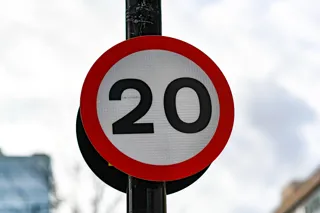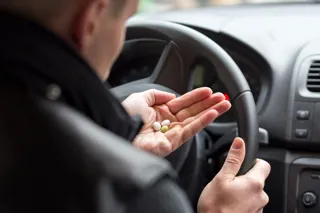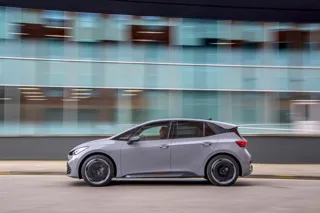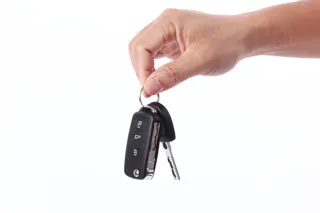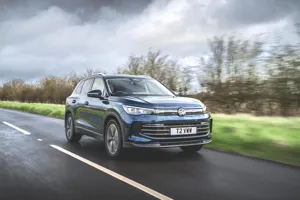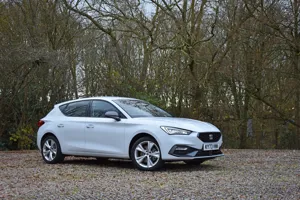New Mazda CX-80 breaks cover with seven seats
Mazda has revealed its all-new flagship model, the Mazda CX-80, which boasts seven seats and a plug-in hybrid variant.
Mazda
18 Apr
Features and analysis

Five simple ways to control and cut fleet fuel costs
In the face of consistently high pump prices, fleet industry experts share their views on the best ways to control and cut your organisation’s fuel spend.
Fleet procurement
19 Apr
Electric Fleet
Events
Car, van and truck reviews
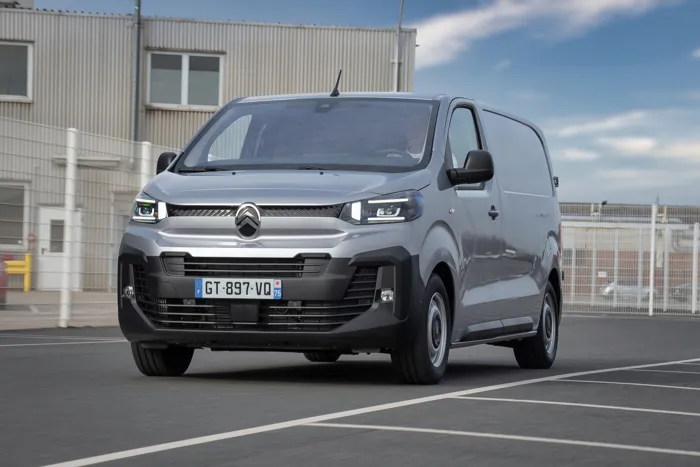
Citroen Dispatch and e-Dispatch review
Revised Dispatch offers a range of improvements over its predecessor.
18 Apr





